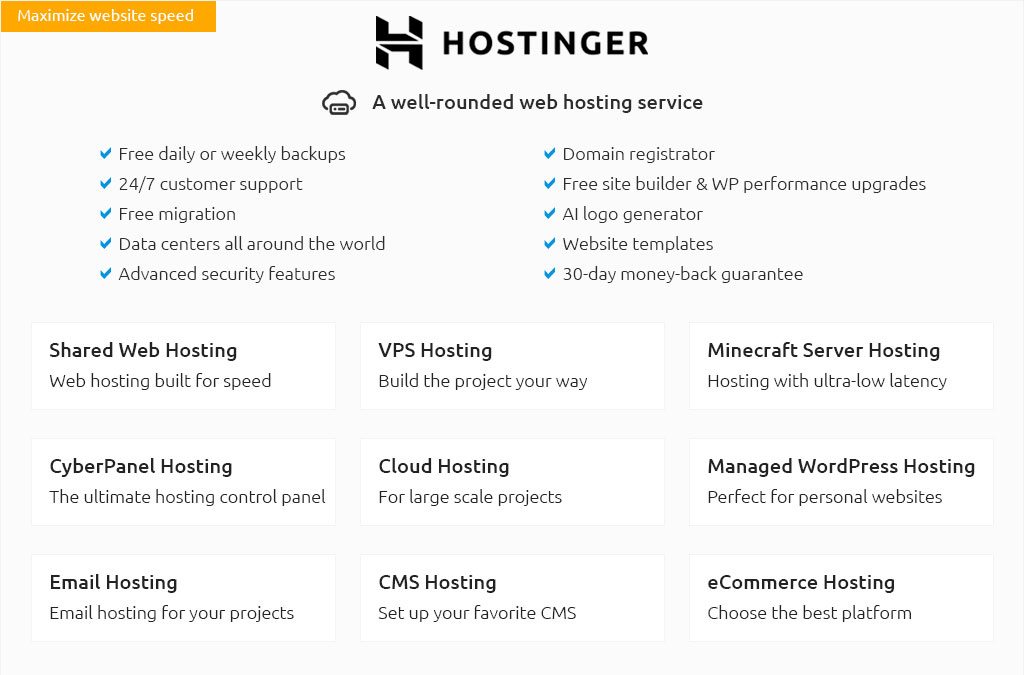 |
|||
 |
 |
 |
|
 |
|
 |
 |
 |
|||
 |
|||
 |
|||
 |
|||
 |
 |
Debian VPS Hosting: Common Mistakes to AvoidIn the vast realm of web hosting, Debian VPS hosting stands as a popular choice for many developers and businesses. Known for its stability and extensive community support, Debian provides a solid foundation for virtual private servers. However, like any technical endeavor, there are common pitfalls that can trip up even the most seasoned users. This article delves into those mistakes, offering insights and guidance for a smoother VPS experience. Firstly, one of the most frequent errors is the improper allocation of resources. When setting up a Debian VPS, it's crucial to understand your application’s needs. Underestimating the required CPU, RAM, or storage can lead to performance bottlenecks, while overestimating can unnecessarily inflate costs. It’s a delicate balance, and regularly monitoring your usage can help adjust allocations effectively. Security is another critical aspect that is often overlooked. Many users make the mistake of using default configurations or neglecting regular updates. Debian’s security team is diligent in releasing patches, and applying these updates promptly is essential to protect your server from vulnerabilities. Additionally, simple measures like changing default SSH ports and using strong, unique passwords add layers of security that are often undervalued. The management of backups also deserves attention. Relying solely on the hosting provider’s backup solutions can be risky. Instead, implementing a robust backup strategy that includes regular, automated backups and offsite storage can safeguard against data loss. It’s worth noting that testing these backups is just as important to ensure they can be restored when needed. Another area where users often falter is in the optimization of server performance. While Debian is known for its efficiency, failing to optimize server settings can hinder performance. Tweaking configurations such as the number of worker processes or adjusting buffer sizes can yield significant improvements, especially under heavy loads. Lastly, documentation is a step that many skip but should not. Maintaining clear and detailed records of configurations, changes, and updates can save time and frustration in the long run. This practice not only aids in troubleshooting but also helps in training new team members or transitioning to new systems. In conclusion, while Debian VPS hosting offers a robust and reliable environment, avoiding these common mistakes can significantly enhance your experience. By paying attention to resource allocation, security, backups, performance optimization, and documentation, you can leverage the full potential of your Debian VPS, ensuring a smooth and efficient operation.
https://www.ovhcloud.com/en/vps/os/vps-debian/
A VPS, short for 'virtual private server', is a virtual machine with hardware resources dedicated to you. One of the key advantages of this solution is that it ... https://cloudzy.com/debian-vps/
What is Debian VPS Hosting? Virtual Private Servers are a hybrid hosting solution offering the best of two worlds - the affordable prices of shared hosting and ... https://www.vpsserver.com/debian-vps/
Our Debian VPS server hosting gives you full root access and SSH capabilities. This means you have complete administrative control and can install any software ...
|